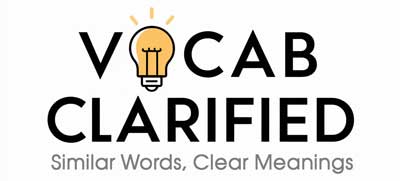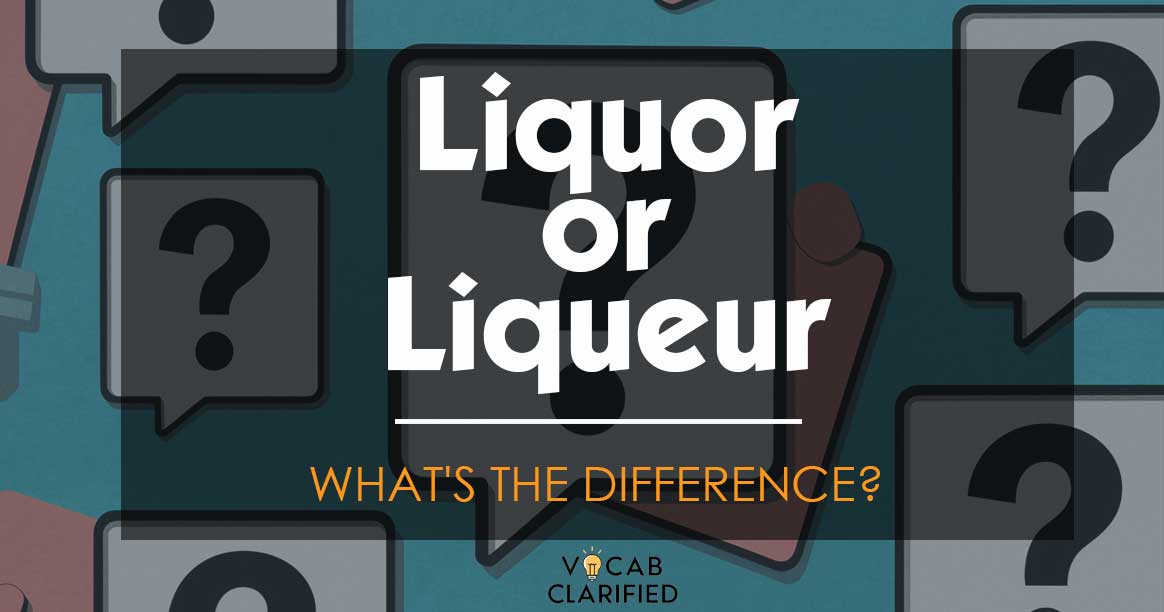When choosing between liquor and liqueur, it’s easy to see how confusion can arise. Both terms refer to alcoholic beverages, but they have distinct meanings and uses.
Let’s dive into their definitions, how they’re used, and which one is right for your situation.
Liquor or Liqueur: Which One Should You Use?
Have you ever asked for a drink and wondered if it should be called liquor or liqueur? Perhaps you’ve seen both terms in recipes or cocktail menus and been unsure about the difference.
If that sounds familiar, this article will clear up the confusion.
Understanding Liquor and Liqueur
Liquor: Definition and Usage
Liquor is a distilled alcoholic beverage that is typically strong and without added sugar. It includes popular spirits like whiskey, vodka, rum, gin, tequila, and brandy.
These drinks are the base for many cocktails and are consumed either neat, on the rocks, or mixed.
For example:
- “She ordered a glass of whiskey, which is her favorite liquor.”
- “Vodka is a versatile liquor that’s used in many cocktails.”
Liquor is typically consumed in smaller quantities due to its high alcohol content, which usually ranges from 35% to 50% alcohol by volume (ABV).
Liqueur: Definition and Usage
Liqueur, on the other hand, is a sweetened alcoholic beverage made from a base liquor (like whiskey or vodka) that has been flavored with herbs, fruits, spices, or other flavorings.
Common liqueurs include amaretto, Kahlúa, and Grand Marnier. These drinks are often used in cocktails, desserts, or consumed as after-dinner drinks.
For example:
- “Baileys Irish Cream is a popular liqueur added to coffee for a sweet treat.”
- “Liqueurs like amaretto are perfect for making dessert cocktails.”
Liqueurs are typically lower in alcohol content than liquors, ranging from 15% to 30% ABV.
Side-by-Side Comparison
| Aspect | Liquor | Liqueur |
| Definition | A distilled spirit, unsweetened | A sweetened, flavored alcoholic beverage |
| Common Usage | “He enjoys a neat glass of whiskey.” | “Liqueurs are often used in dessert drinks.” |
| Alcohol Content | Generally 35%-50% ABV | Generally 15%-30% ABV |
| Flavor | Pure alcohol with no added flavoring or sweetness | Sweetened and flavored with herbs, fruits, etc. |
| Best Used For | Base for cocktails or standalone drink | Flavoring cocktails or drinking after meals |
When to Use Liquor or Liqueur
- Use liquor when referring to distilled spirits that are unsweetened and strong, such as vodka, whiskey, or rum. These are the building blocks of most cocktails.
- Use liqueur when referring to sweetened alcoholic drinks that have been flavored with fruits, herbs, or spices. Liqueurs are typically used to add flavor to cocktails or desserts.
Everyday Usage Examples
Here are a few examples to help you see how liquor and liqueur are used in everyday language:
- “The bartender made a strong cocktail using vodka as the base liquor.”
- “She prefers to sip on liqueurs like amaretto after dinner for a sweet finish.”
- “Rum is a common liquor in many tropical cocktails.”
- “Liqueurs such as Grand Marnier are often used in French dessert recipes.”
- “Whiskey is a liquor that can be enjoyed neat or on the rocks.”
- “The coffee was enhanced with a splash of hazelnut liqueur for extra sweetness.”
Conclusion
In conclusion, liquor and liqueur are both alcoholic beverages, but they differ in sweetness, alcohol content, and usage. Liquor refers to distilled spirits without added sugar, while liqueur is a flavored and sweetened alcoholic drink.
Knowing the difference will help you navigate cocktail menus, recipes, and drink orders with ease. Whether you’re mixing up a classic cocktail or adding a sweet touch to your coffee, now you know when to use liquor and when to reach for liqueur.

